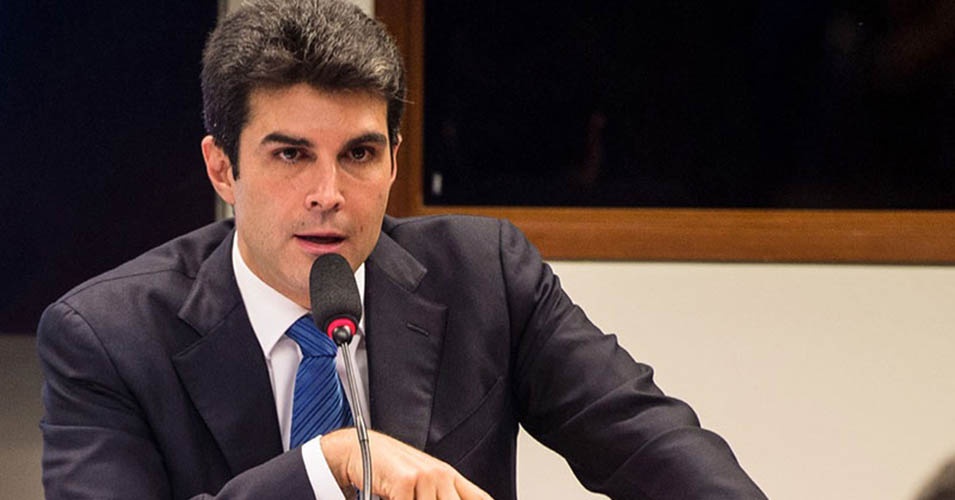Brazil’s Minister for Ports, Helder Barbalho, outlined his plans to bring billions of dollars of new investment into the port sector at a seminar in Sao Paulo this week.
The seminar, entitled Port Sector: Challenges and Opportunities, is the first of three that Barbalho is fronting to try and sell the port sector as an attractive area for investors both at home in Brazil, and also abroad.
Last year Brazil sold off three terminals into new concession agreements and raised around reais 2.06 billion ($516.2 million) via auction at the Sao Paulo Bourse (Bovespa) with most of the cash going to terminal upgrades and some going to government coffers. In March, a second tranche, this time of six terminals in the north, will be sold off via auction at Bovespa, with an estimated value of reais 1.76 billion ($441 million). Twenty more terminals later in the year will bring in another $2 billion in revenue and investment.
In an official statement from the Special Ports Ministry, or SEP, Barbalho said that he and his team has learned from the mistakes of the first round and adjustments had been made to the process to make future rounds “more attractive”.
Barbalho pointed out that the period for reviewing the Edital, tender document details, would this time be extended to 60 days, up from 45 days, and payments of the winning bid at auction can be paid in five installments.
“The word crisis does not match the day-to-day progress of what is going on in the port sector,” said the minister. “This sector grew by more than 70 percent between 2013 and 2015, and we expect to see growth of 103 percent between now and 2042 with the help of these new concessions and the extension of some existing ones.”
Once those six areas are auctioned off the Edital will be released for another 20 concessions, including 10 more in Santos before June, with a view to another auction at Bovespa in the third quarter. Among those is the so-called Super Terminal in Santos, which will be the merger of three smaller terminals and the Deicmar car terminal into one much larger terminal. The newly-created facility will handle mostly general cargo and roll-on, roll-off shipments but will also handle containers. The amount of container volume the terminal will handle will be decided depending on traffic flows through Santos. South America’s busiest container gateway handled with 3.7 million twenty-foot equivalent units last year.
One port consultant — who has for many years worked in the port sector, both for the public and private sectors and has close contacts in Brasilia — said that some of the projects would come to fruition but many were being “talked up” as a propaganda exercise by the SEP to improve the ailing image of the government under Dilma Rousseff.
“Okay if we get more investment in the ports sector that is great, but Ijust hope that some of these auctions haven’t been rushed through. Extending the time for preparing bids from 45 days to 60 days is a step in the right direction and I hope it attracts more serious bidders than the first tranche,” he told JOC.com
Seminars will be held in Belem, in the north, on Thursday and in the interior city of Cuiaba, in Mato Grosso state, on March 8.
